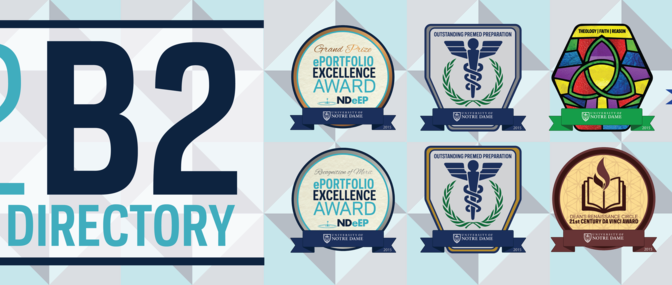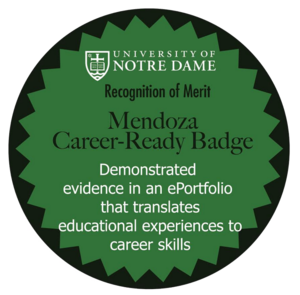This article addresses recent research of student behavior through an analysis of data from 1.9 million course participants in 115 MOOCs offered by HarvardX and MITx from fall 2012 to spring 2015. In a small number of cases, the researchers uncovered a unique from of cheating, that can be stopped by a few simple steps.
The researchers are ultimately hoping that course content creators will put some of the prevention strategies in place. “One of the most interesting lessons from the paper is that there are ways to mitigate cheating that are straightforward and implementable by the teams creating online course content,” Chuang said. “We also expect platform improvements, such as virtual proctoring, to help reduce cheating.”
Dian Schaffhauser, “Research Uncovers MOOC Cheating Strategy,” Campus Technology, August 26, 2015.

